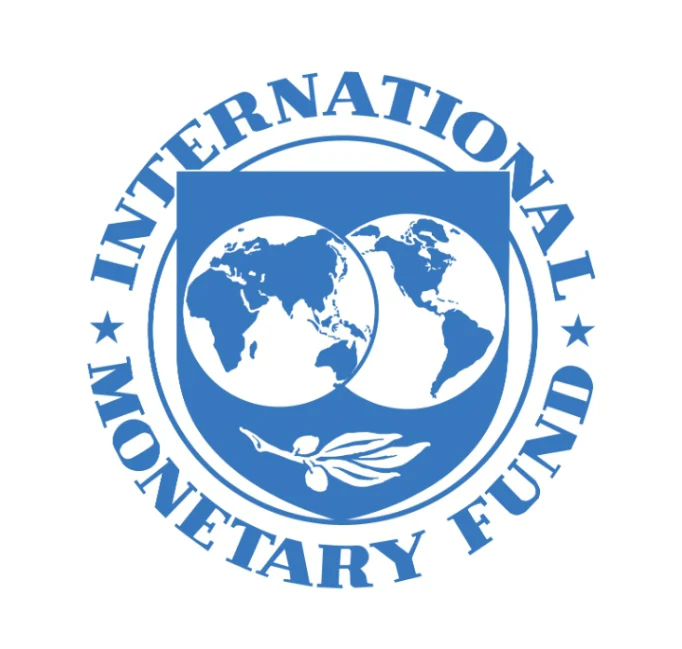Economic Hardship: Phase out fuel, electricity subsidies completely — IMF To FG
The IMF advises FG to fully phase out fuel and electricity subsidies
The International Monetary Fund (IMF) has asked the federal government to completely phase out petrol and electricity subsidies in the country.
The Nigerian government has been advised by the International Monetary Fund (IMF) to phase out fuel and electricity subsidies, which are expensive and ineffective in reaching the most vulnerable.
“Fuel and electricity subsidies are costly, do not reach those that most need government support and should be phased out completely,” IMF said in a report.
This proposal is contained in a recently released report, “IMF Executive Board Concludes Post-Financing Assessment with Nigeria,” which was released on February 9th, Friday.
The removal of fuel subsidies and unification of exchange rates as measures taken by President Bola Tinubu's administration to address structural issues were praised by the IMF.
“The new administration has made a strong start, tackling deep-rooted structural issues in challenging circumstances. Immediately, it adopted two policy reforms that its predecessors had shied away from: fuel subsidy removal and the unification of the official exchange rates. Since then, the new CBN team has made price stability its core mandate and demonstrated this resolve by dropping its previous role in development finance. On the fiscal side, the authorities are developing an ambitious domestic revenue mobilisation agenda.”
“External financing (market and official) is scarce, and global food prices have surged, reflecting the repercussions of conflict and geo-economic fragmentation. Per-capita growth in Nigeria has stalled, poverty and food insecurity are high, exacerbating the cost-of-living crisis. Low reserves and very limited fiscal space constrain the authorities' option space,” the report said.
The government's emphasis on revenue mobilization and digitalization, according to the IMF, would enhance the delivery of public services and fiscal sustainability; however, the projected decline in the overall deficit in 2024 would help contain debt vulnerabilities and remove the requirement for CBN financing.
The IMF states that Nigeria has sufficient baseline capacity to repay the fund and that the government's policy objectives are well-positioned to mitigate the risks of a downside. a situation where tough trade-offs between pressing humanitarian needs and debt repayment could occur.
“In such circumstances, aggressive monetary tightening and fiscal adjustment, combined with support from development partners, would be needed to restore macroeconomic stability,” it added.
Furthermore, it recommended that the Nigerian government give priority to paying off the Central Bank of Nigeria's (CBN) outstanding dollar debt.
The IMF asserts that taking this action is essential to restoring trust in the naira and the central bank and ultimately fostering a more stable financial environment.

























No comments:
Leave comment here